A personal work journey and the road ahead to improve Australia’s approach to welcoming LGBTQI people in long-term care.


A personal work journey and the road ahead to improve Australia’s approach to welcoming LGBTQI people in long-term care.
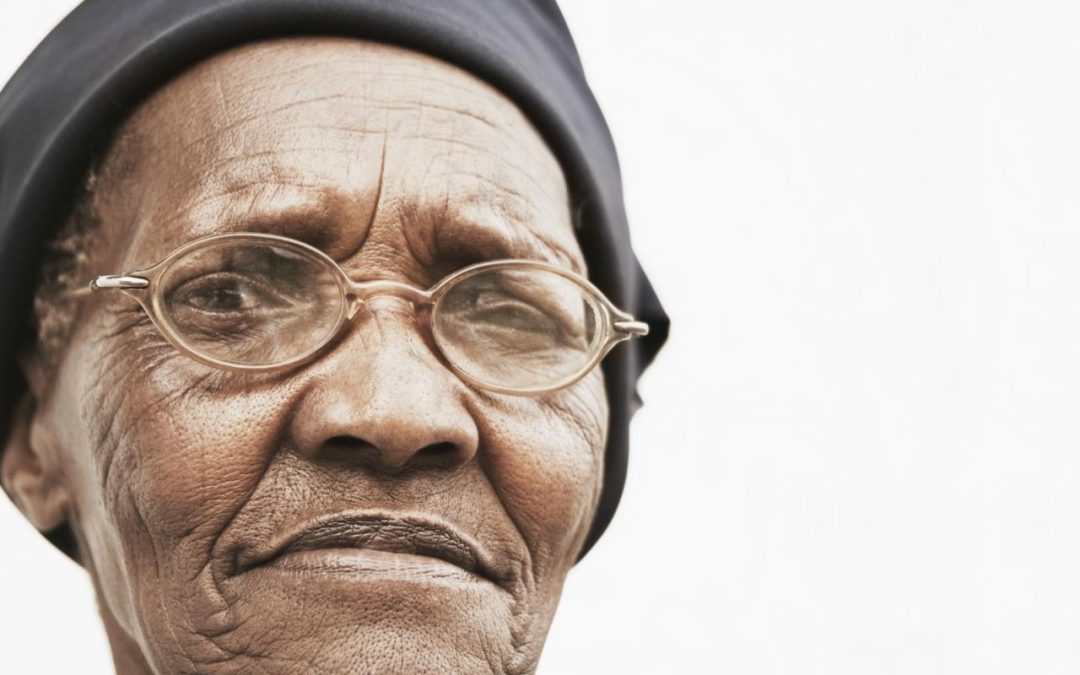
Recalling the lack of language for sexuality in the Black community and its impact on past experiences .
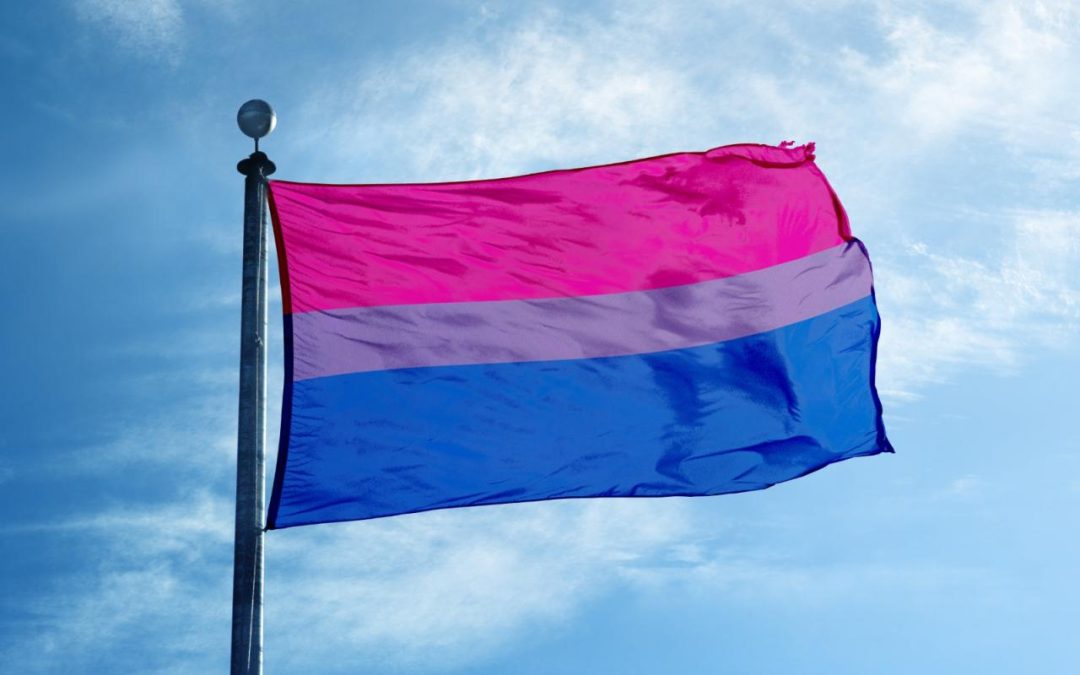
The meaning and experience of bisexuality is unique across history and generations and may inform future understandings of sexuality.

Films may be becoming more realistic in their portrayals of elders in intimate relationships.

Well-curated adult shops can serve as educational resources for older adults.

Patients’ needs toward the end of life vary wildly, and without real knowledge of the person, healthcare interventions often fall very short.
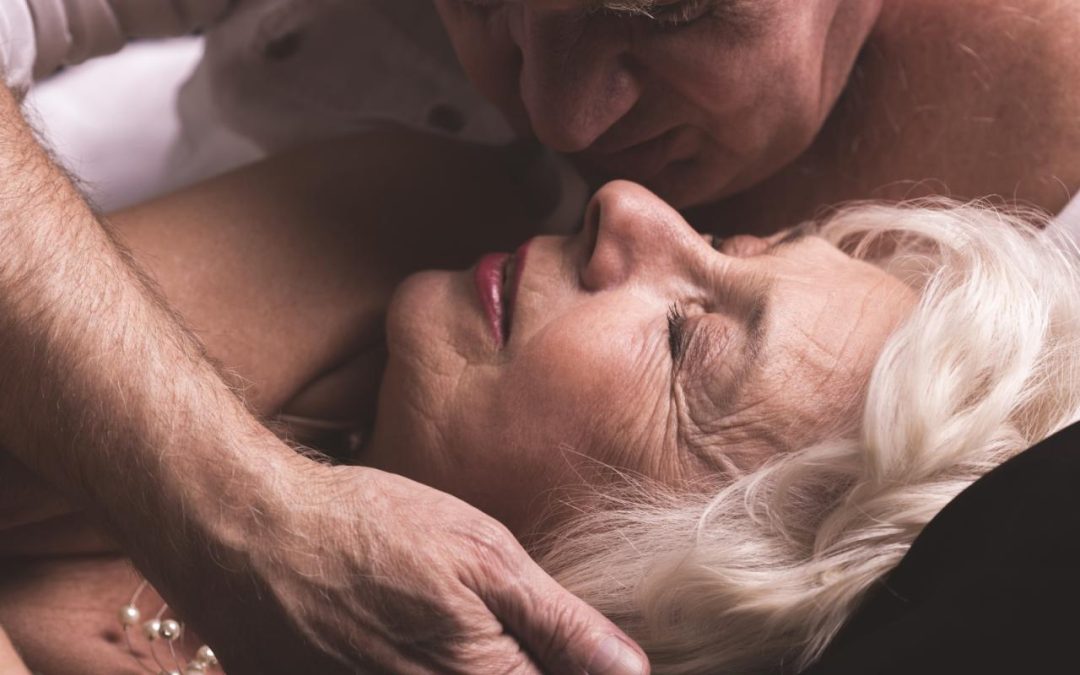
Long experience with couples in therapy has led to decades’ worth of understanding of how sex works best for older adults.
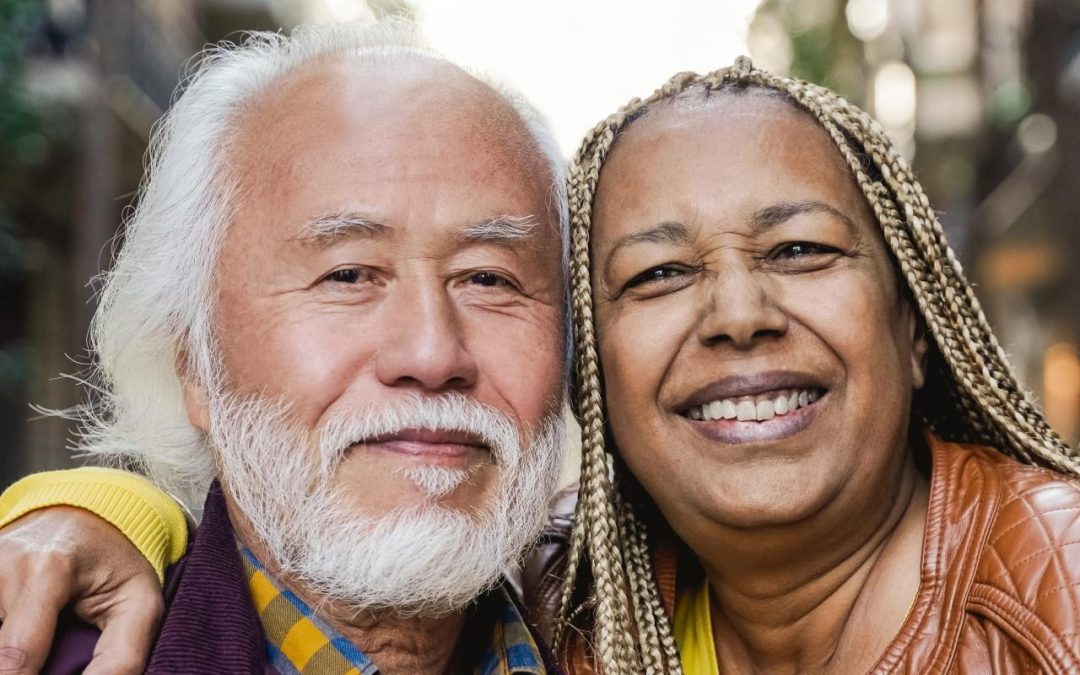
Longtime sex educator on why sexual pleasure can still be a radical, positive force.
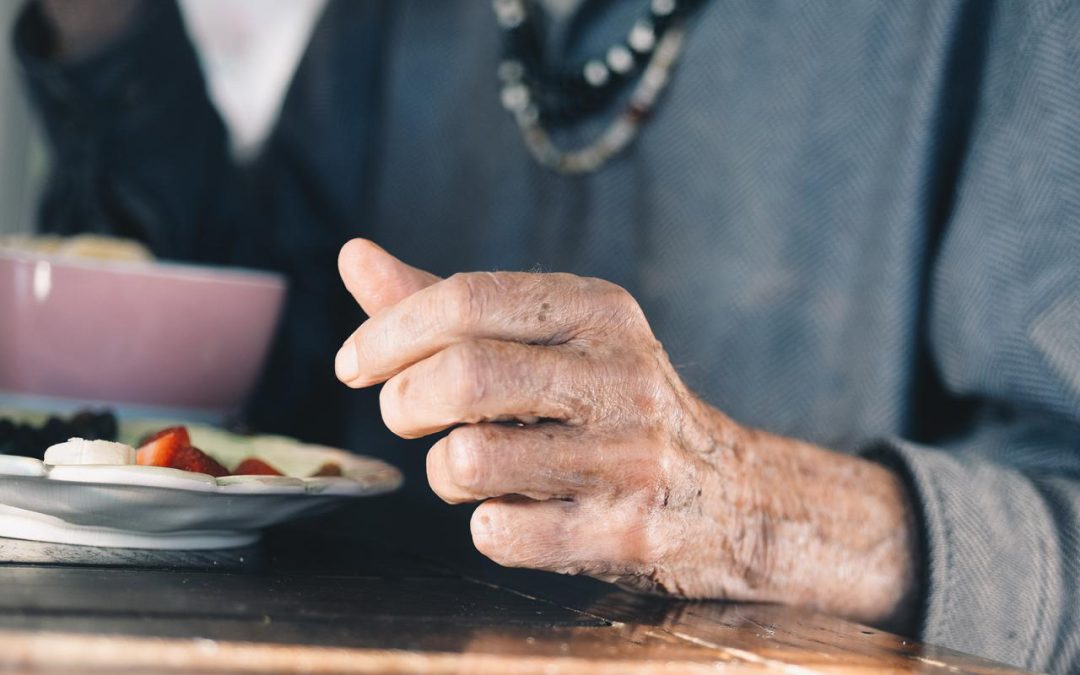
The year 2023 comes with a long to-do list to solve older adult malnutrition, and plenty of opportunities to make it happen.
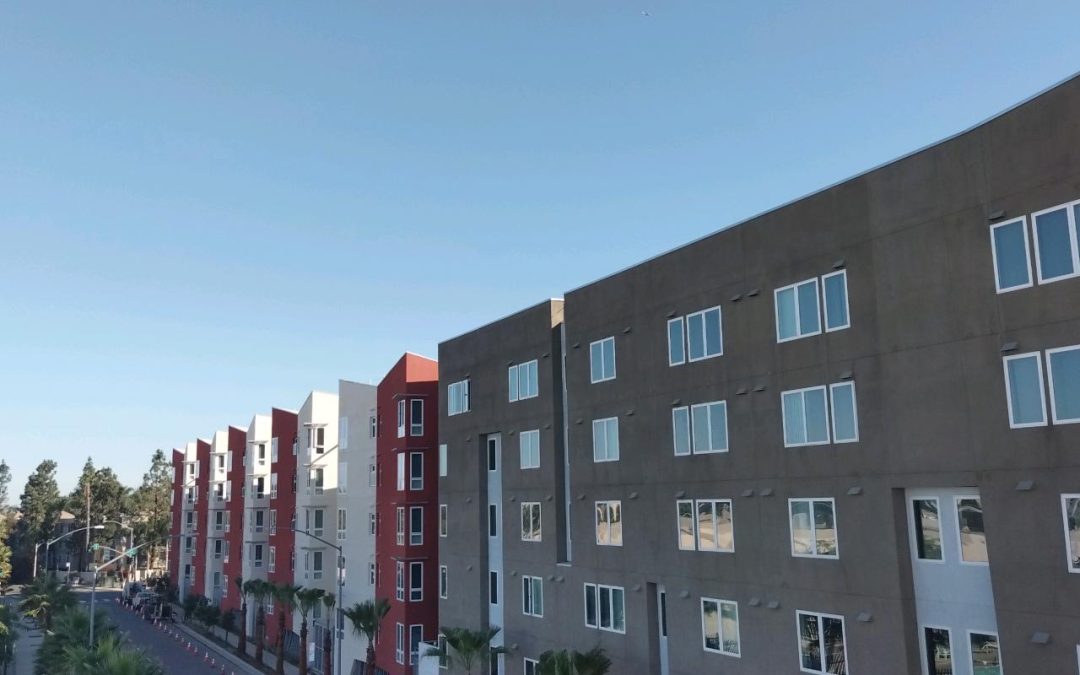
San Diego’s Serving Seniors is juggling multiple projects to help elders experiencing homelessness.

‘The ways in which substances impact medical, psychiatric, social and economic conditions are complex and unique for older adults.’
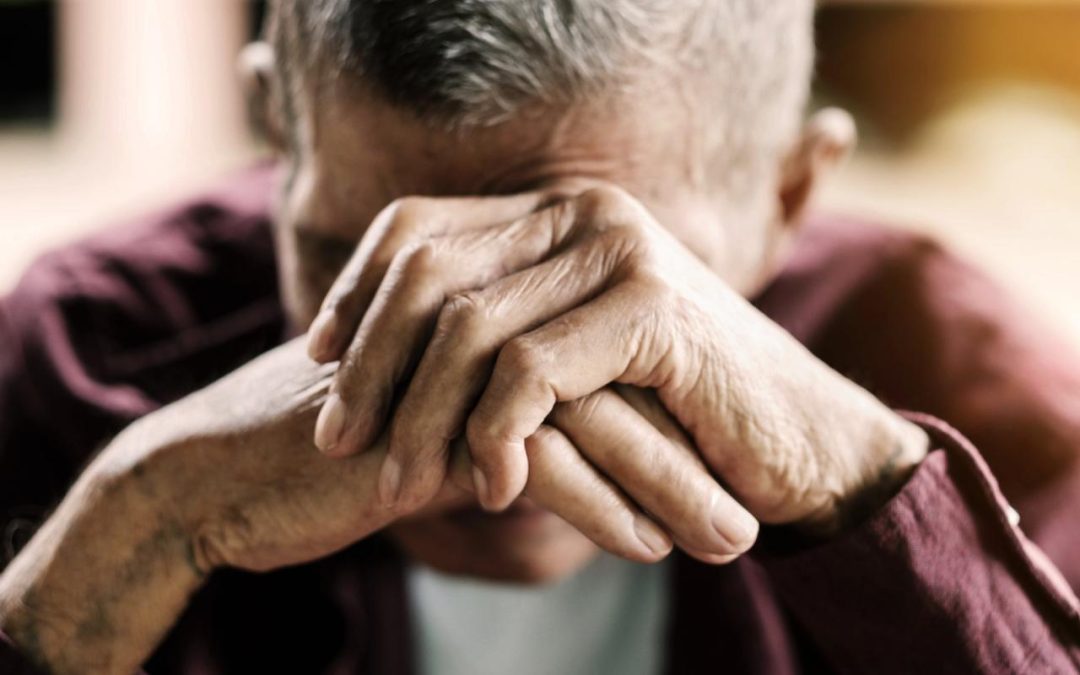
Parsing the differences between conditions can challenging in older adults.

Pervasive ageism and lack of training prevents better suicide prevention in older adults.
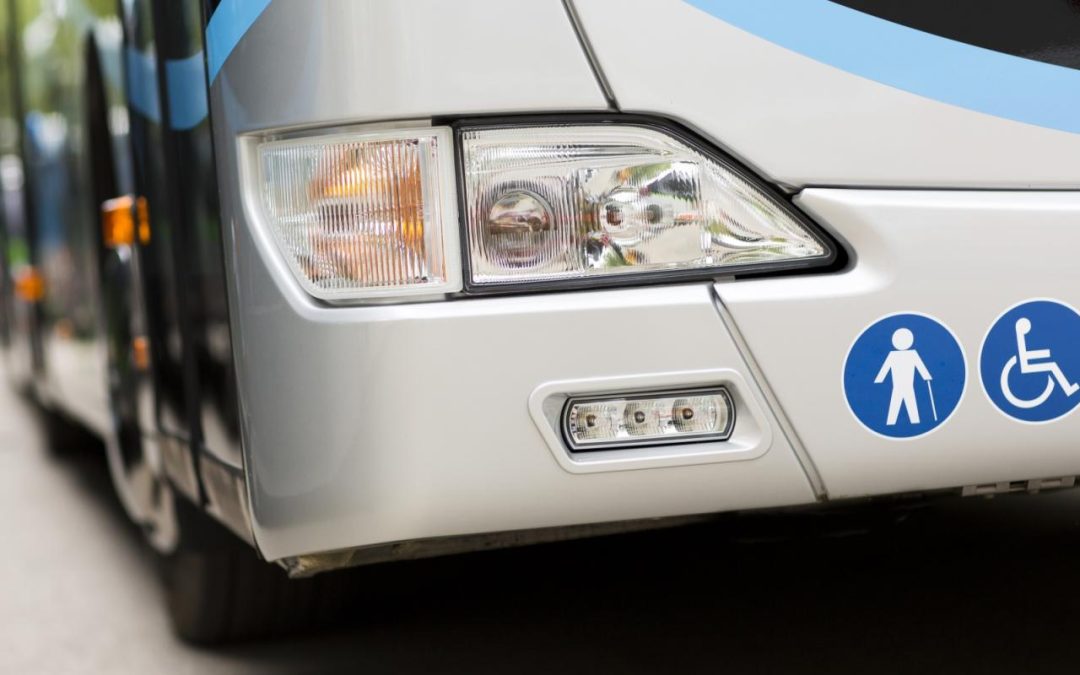
‘Why is it important to distinguish between ageism and ableism? Because we need to understand what we’re up against.’
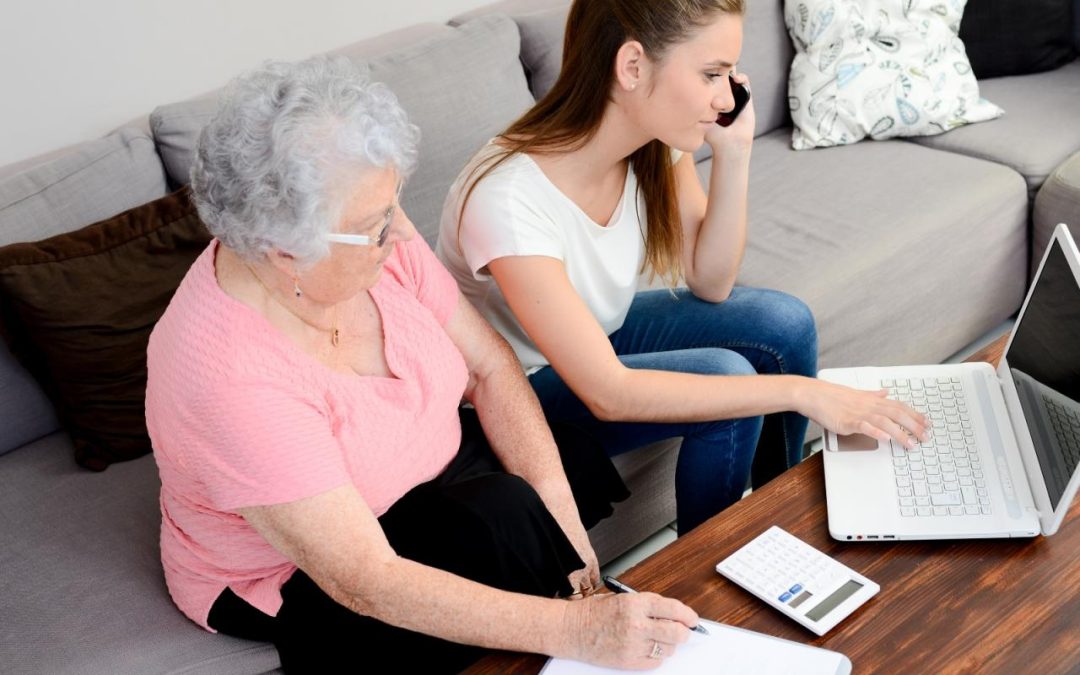
The American Association of Caregiving Youth’s complex work to keep caregivers in school and their care receivers healthy at home.

Personal life lessons in the practice of cultural humility.
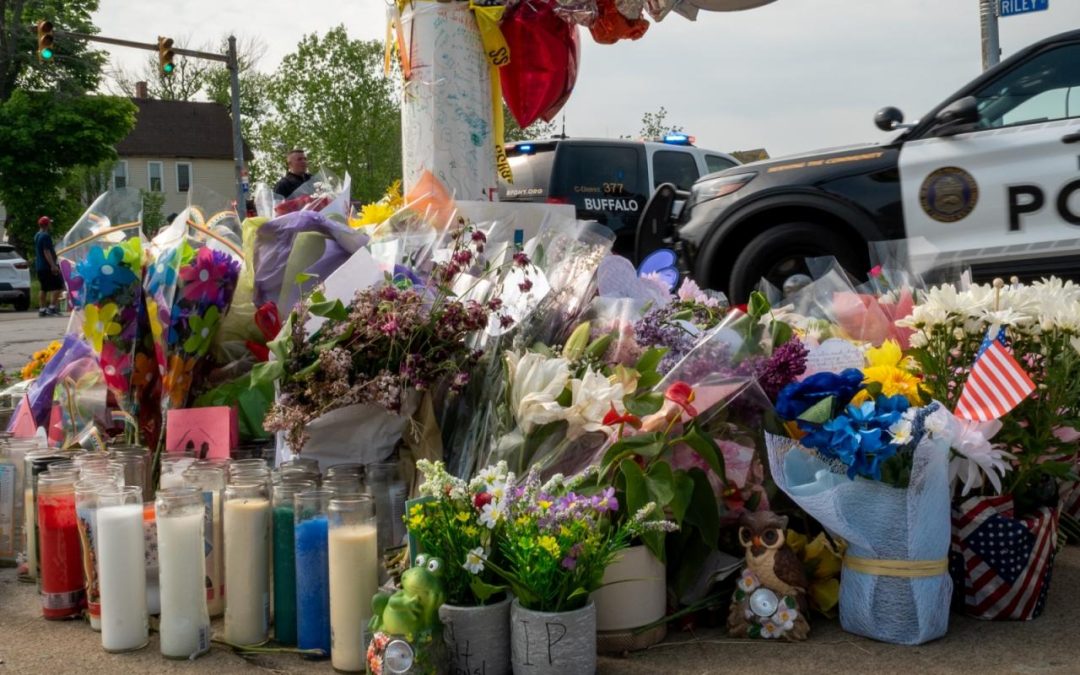
Guns impact older adults in myriad ways, but preventive measures can help.
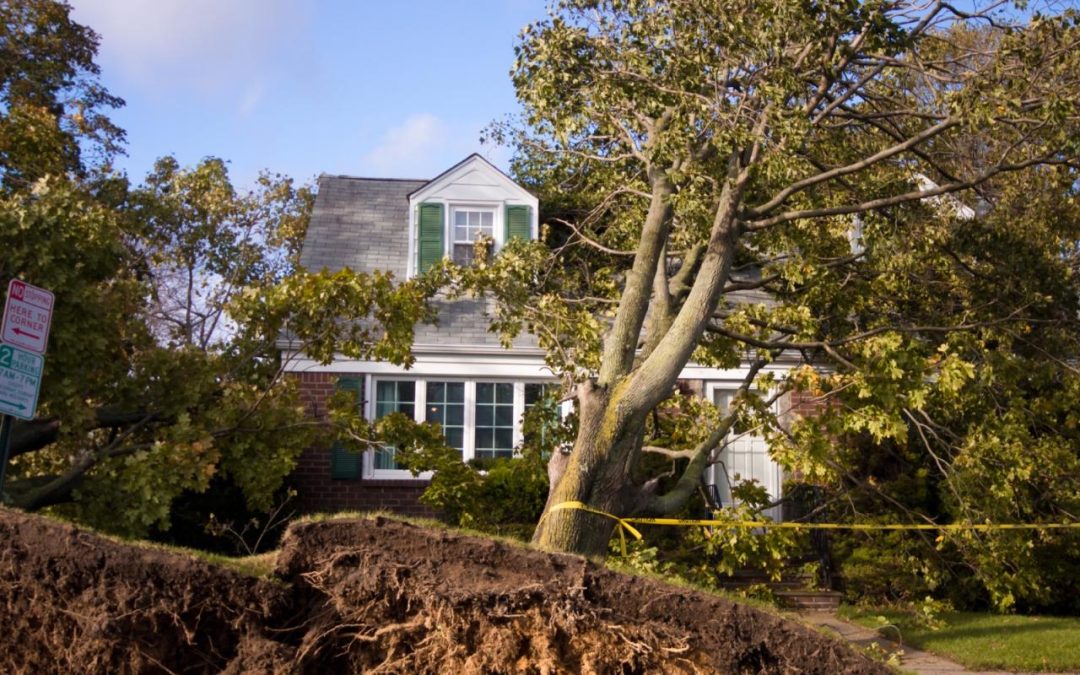
How climate disasters impact older adults’ sense of place.
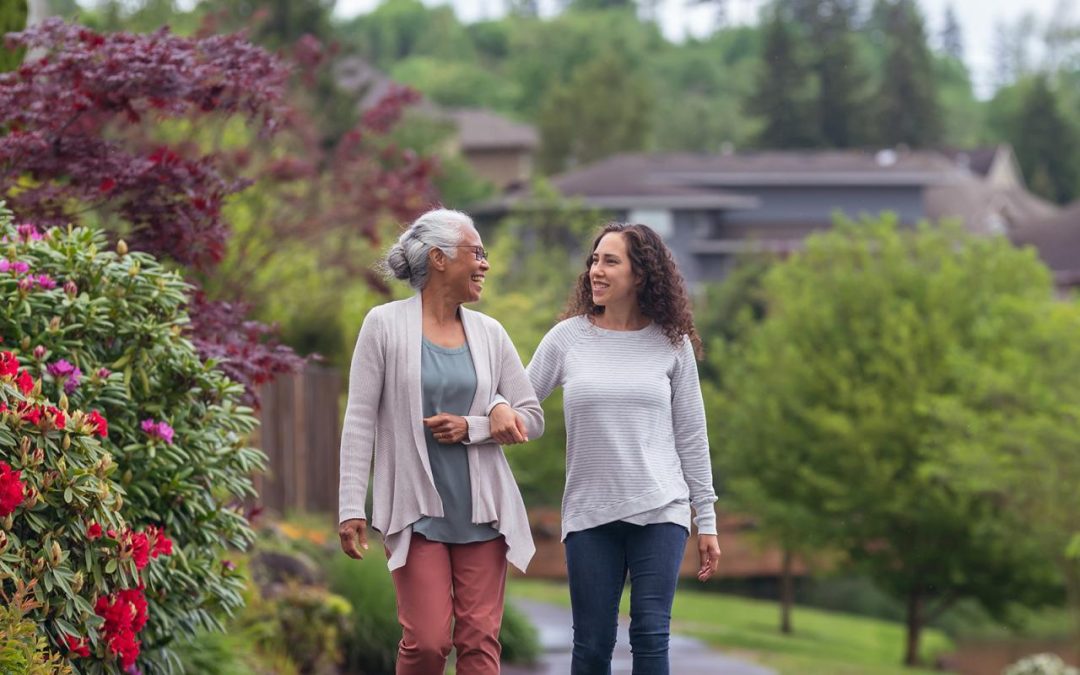
Planning well ensures aging well in communities, with proper supports.
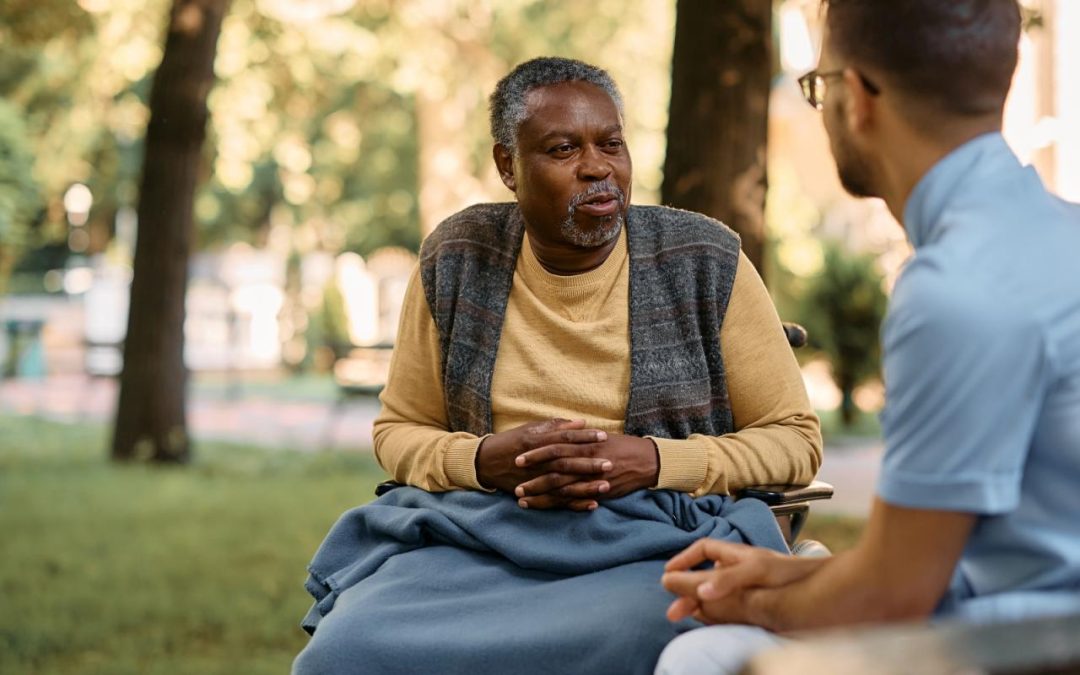
SAGECare trains businesses to care for elders in a culturally competent way and it works.